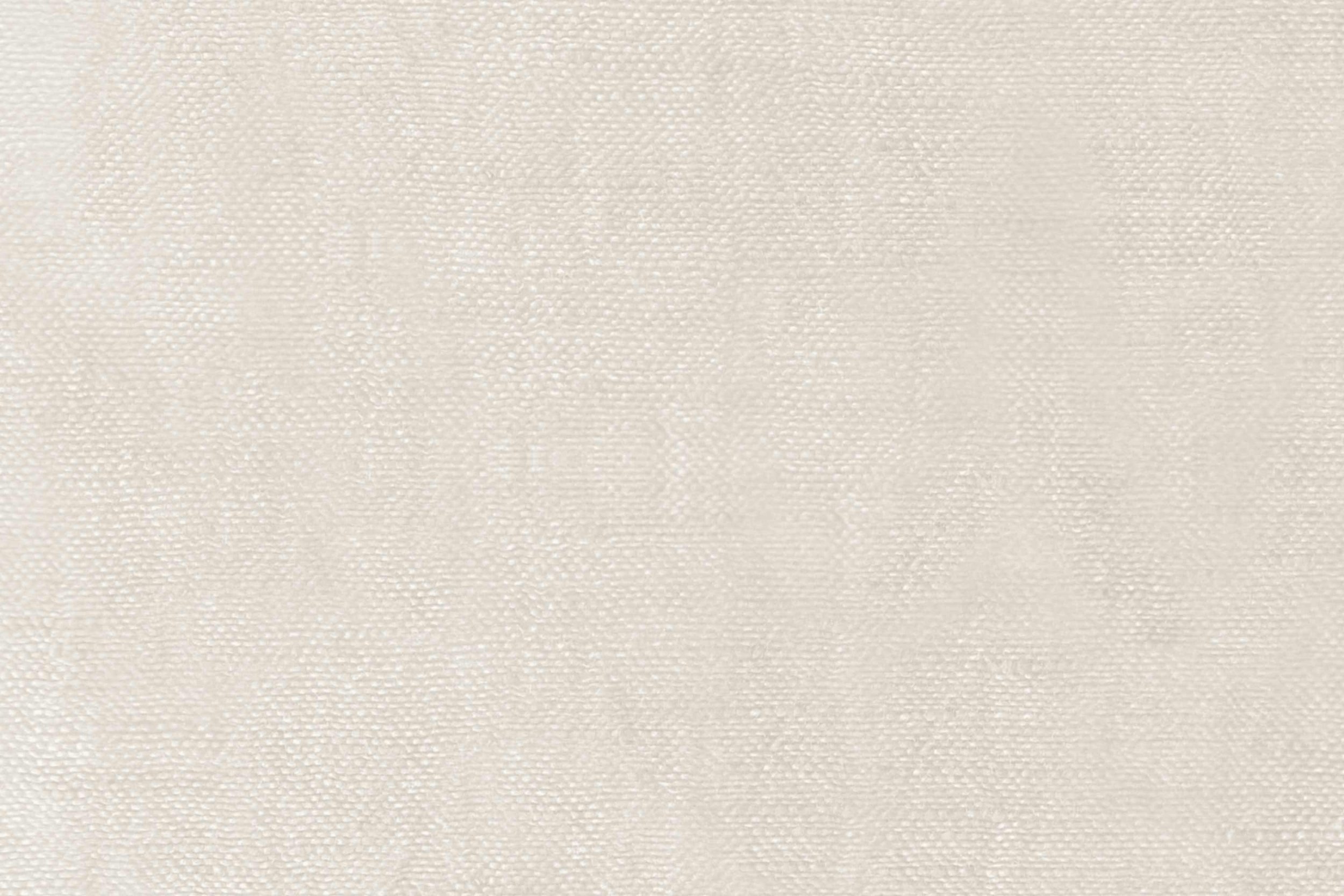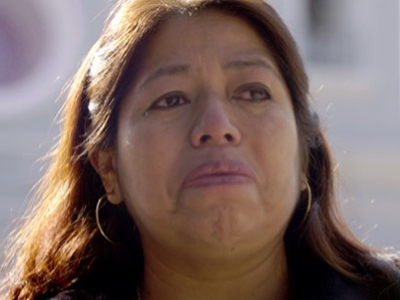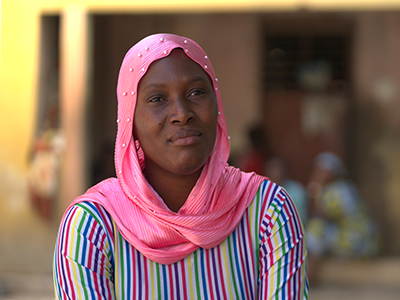


ABOUT THE FILM
She Rises Up chronicles the remarkable journeys of three women who are helping to lift their communities out of poverty through the local businesses they fight the odds to maintain. Gladys Yupanqui of Peru founded a mini-market and is looking to expand. Magatte Wade of Senegal is building a cosmetics manufacturing company. Selyna Peiris of Sri Lanka is expanding the textile company founded by her mother.
Nearly one-third of all countries have laws that stifle a woman’s access to work. They limit access to bank accounts, property inheritance, and many types of jobs. These countries have some of the highest poverty rates in the world.
Gladys, Magatte and Selyna’s stories are each unique unto themselves. Yet a common theme illustrates the critical importance of local businesses to emerging economies. These women prevail over issues that are not faced by the multinational corporations that come in. Opening a business in many countries is easier for a large foreign corporation than for local entrepreneurs.
McKinsey & Company has calculated that if women were to participate in the world economy to the same extent as men, they would add the equivalent of the combined economies of China and the U.S. to the world’s prosperity.
She Rises Up reveals the role entrepreneurs and small businesses can play in women gaining financial independence, and ultimately reducing poverty for all.

IN HER WORDS
Magatte Wade | Senegal
“I want to create jobs in the places that don’t have jobs. So people have a choice to stay in their communities and live good lives.”
“To have a heart for the poor, that’s easy. To have a mind for the poor, that’s the challenge.”
“When it comes to addressing poverty and the poor, prosperity almost seems like a dirty word. Yet, that's the only solution to poverty. It's prosperity building.”

Selyna Peiris | Sri Lanka
“I think a lot of people see this just as a textile business. And to them, I say I see the potential of this to really, really uplift our communities.”
“We have to as women have the right to decide on how we want out futures to be, we have to have the choice.”
“How do I balance people, planet, profit? It's not impossible. A younger generation is out there that' telling the world through example, that we owe it to the world to make better decisions.”
Gladys Yupanqui | Peru
“I think there is poverty in our country, starting with the men in charge. They come into power, I think, with the intention not to work for the people as they promise, but rather to take advantage of things for themselves.”
“And those of us who come from villages, from the bottom who are poor, need to change our way of thinking as well. I always think that we're making ourselves victims, complaining, ‘Why did this happen to me? I'm poor and I'll stay poor’.”
“One can break the chains, even if they are made of iron, they can be broken. That's what happened in my life.”

Zenobia Yupanqui | Peru
“The Lord has given me so many blessings. The greatest blessing He gave me was my daughter. I am proud. I say this with pride because my daughter was strong. Thank God that He gave her the gifts of strength and courage, so that she could make it this far.”
Dilakshini “Madhusha” Sivakumar | Sri Lanka
“My grandmother says girls must stay at home and do housework, that they should be obedient to the boys. But we shouldn’t be like that, we should be equal to boys, we must also work. We all have to come out and see, the world outside has changed.”

Salimata Diakhate | Senegal
“The Senegalese people have grown accustomed to the notion that women should stay at home. Women only recently revolted against these ideas and started working. Working allows us to help our families and, more importantly, ourselves. Because your income supports first you, as well as your family.”
Sandra Wanduragala | Sri Lanka
“From my childhood, I always believed that we could do something more. And first my idea was to become a politician. And then I discovered that you can do so much good with a private initiative like ours.”

TALIA YUPANQUI | PERU
“I want businesses. But I don't want to work for someone else, no. I want to be a leader.”
MAME DIARRA NDIAYE | SENEGAL
“We often get blackmailed as we look for jobs. Whereas men, they get to apply and get jobs without losing their pride or being extorted into anything. It’s hard for a woman to find a job.”
“That is the Senegal in which we live, you might have your diplomas, but they still mean nothing because of the lack of work and corruption has ruined my country.”

NIRMALA | SRI LANKA
“When I reached puberty, and we got our first periods, we used rags without our parents even knowing. Mothers had rules that we could not go into the kitchen during our periods. Since we don’t have running water, we collect water and use it to wash our rags. I wash my rags; my daughter washes her rags by herself. We also feel odd to dry it outside. We feel embarrassed to know that men might see it. We put another cloth over it to cover it up. Now, we should not have a society like that. We shouldn't be hiding in the house.”
“There is no opportunity for self-employment here. That’s the issue for the women living here.”
KINE DIOP | SENEGAL
“I have to raise my children on my own because their father abandoned them. Without the work that I do, it would be very difficult to provide for my children.”











